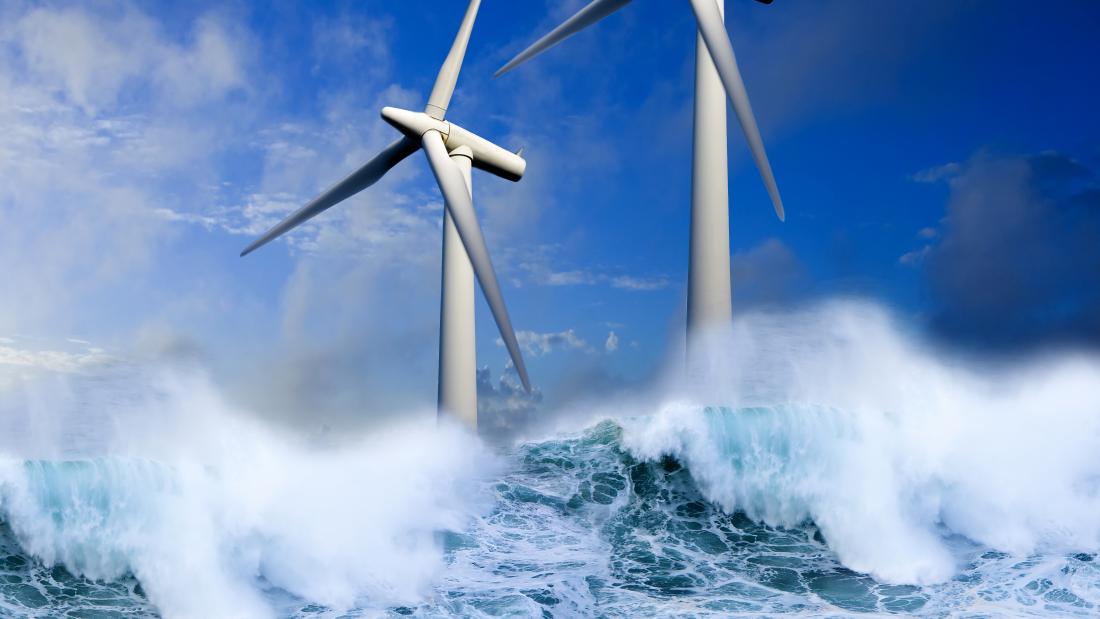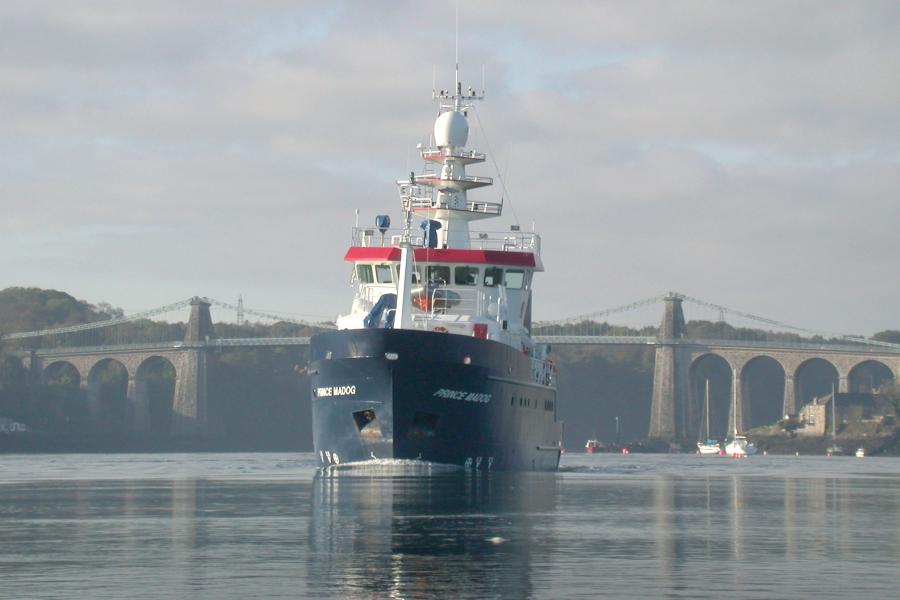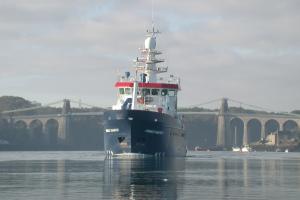Why Study Physics?
Understanding how the oceans work is key to predicting how our planet is going to respond to our warming climate. It is also important if we are to efficiently harness the huge, but largely untapped potential of renewable tidal energy. By studying the physics of the ocean, you will learn about how the ocean works and interacts with other elements of the Earth System, the atmosphere and cryosphere. You will also learn about how to observe the ocean, both from ships and from space, and to develop numerical models for the prediction of the ocean.
You will gain the tools to be able to tackle important problems linked to climate change and to extracting energy from the ocean. We will teach you valuable skills like estimation and the building of mathematical models of electronic systems.
Career Opportunities in Physics
Graduates in ocean physics / physical oceanography are in great demand. We have been teaching Ocean Physics for over 50 years and our past students have gone on to become Nobel Laureates, directors of the major UK Oceanographic laboratories and managing directors of major commercial oceanographic companies. Many hold posts in the marine industries, particularly in consultancy companies that provide services in oceanography to the marine renewable, defence and oil industries, as well as offshore engineering operations. There are further opportunities in Government Laboratories and agencies with responsibility for the management and prediction of estuarine and coastal waters such as the CEFAS and the Met Office. Many of our graduates have also continued to higher degrees and an academic career. Many of the UKs leading climate scientists started their careers as students at Bangor University.
Graduates in Electronic Engineering go on to careers in all sorts of fields, from low carbon energy to consumer products, defence, robotics and automotive and transportation engineering, where electronic technology is reducing emissions from petrol and diesel cars and is key to the control of electrical power in the next generation of zero emissions electric cars.
Our Research in Physics
Our research focuses on understanding how the ocean works and interacts with the other components of the Earth System. In particular, our research has led to a step change in our understanding of the continental shelf seas and their role in the Earth System. This includes identifying the factors controlling the partitioning of these seas, and identification of key mechanisms regulating dispersion of freshwater in estuaries and coastal seas.
Current research aims at improving climate and weather predictions, with particular focus on the role of the tides and their evolution over Earth History. We have identified a "super tidal cycle" linked to plate tectonics and the potential role of tides on an early Venus in creating a habitable planet.
Current research also focuses on the extraction of renewable energy from the ocean, particularly associated with the tides, and the potential impacts of energy extraction.
Our research is underpinned by the development and application of state-of-the-art numerical modelling and observational techniques. In particular we have been at the forefront of developing methods for measuring turbulence in the marine environment for over two decades.
Our researchers are playing a key role in the next generation of communication systems, including the digital signal processing required for “5G” mobile technology and beyond. Others are designing improved solar panels, making flexible electronic products from sustainable materials and using microwave electronics to treat cancer.
You may also be interested in these related subject areas.
You may also be interested in these related subject areas.









